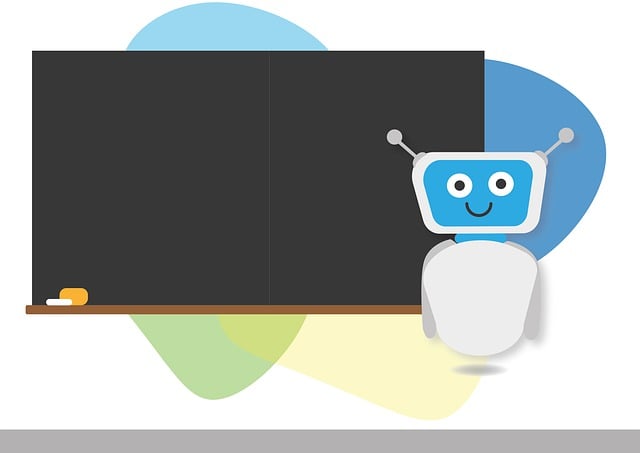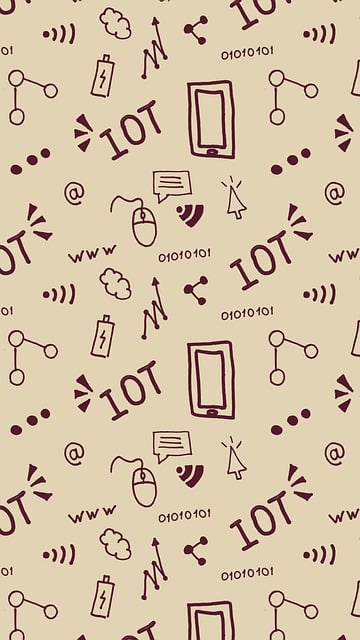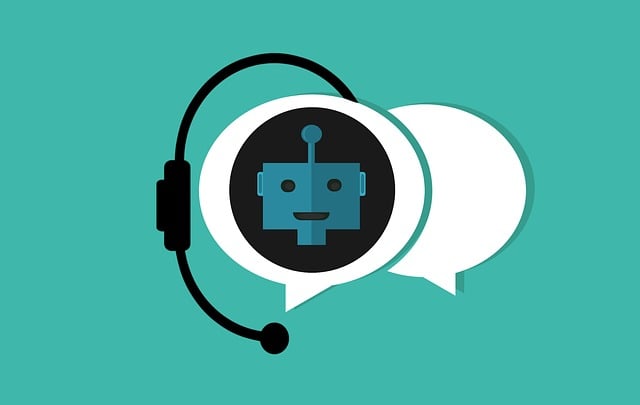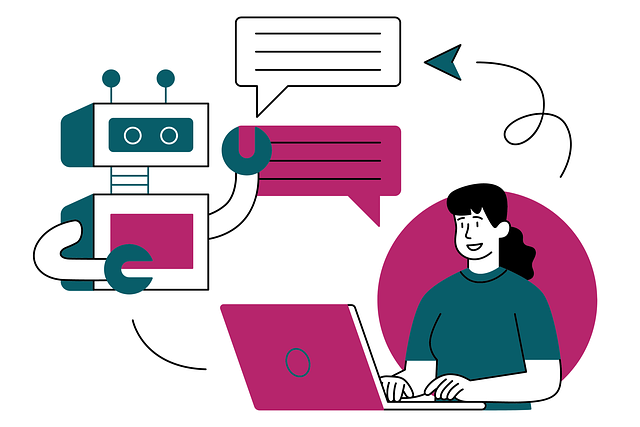Conversational AI, driven by natural language processing (NLP) and machine learning, is transforming tech support through intelligent AI chatbots. These chatbots handle tasks from FAQs to complex transactions, reducing response times and freeing human staff for intricate issues, thereby increasing productivity and user satisfaction. Leveraging datasets and continuous learning, they offer personalized responses, anticipate user needs, and are available 24/7 globally. Case studies show significant improvements in communication efficiency and customer experiences, with examples like a global tech giant reducing response times by 40% and a software firm automating onboarding processes. Emerging trends, such as advanced NLP integration, promise even more adaptive and context-aware AI chatbots in the future, revolutionizing various aspects of tech industry operations.
Conversational AI is revolutionizing tech exchanges, boosting efficiency across various touchpoints. This article delves into the transformative power of AI chatbots, exploring their profound impact on communication, process automation, and personalized user experiences. From streamlining repetitive tasks to enhancing customer interactions, AI chatbots are game-changers. We present compelling case studies showcasing successful implementations, while also peering into future trends shaping this dynamic field. Discover how ai chatbots are redefining tech exchanges, driving productivity and satisfaction.
- Understanding Conversational AI and its Impact on Tech Exchanges
- How AI Chatbots Enhance Efficiency in Communication
- Streamlining Processes: AI's Role in Task Automation
- Personalized User Experiences through AI Interactions
- Case Studies: Successful Implementation of AI Chatbots
- Future Prospects: Trends Shaping Conversational AI in Tech
Understanding Conversational AI and its Impact on Tech Exchanges

Conversational AI, driven by advancements in natural language processing and machine learning, refers to technology that enables machines to engage in human-like conversations. This includes ai chatbots that can understand, interpret, and respond to user queries in a natural, contextual manner. In the context of tech exchanges, such as online forums, support centers, or internal communication platforms, Conversational AI is transforming how users interact and gain access to information.
By integrating ai chatbots into tech exchanges, businesses are enhancing efficiency, improving user experience, and reducing response times. These intelligent assistants can handle a wide range of tasks, from answering frequently asked questions to providing step-by-step guidance, troubleshooting issues, and even facilitating complex transactions. This not only allows users to get the help they need faster but also frees up human support staff to focus on more intricate or unique problems, thereby increasing overall productivity and satisfaction levels within tech communities.
How AI Chatbots Enhance Efficiency in Communication

AI chatbots are transforming the way tech exchanges and communication occurs, boosting efficiency across the board. These intelligent assistants can handle a multitude of tasks, from initial customer inquiries to complex issue troubleshooting, all in natural language conversations. This not only expedites response times but also allows human agents to focus on more intricate and value-added interactions.
By learning from every interaction and leveraging vast datasets, AI chatbots continuously improve their performance. They can anticipate user needs, provide personalized recommendations, and offer 24/7 support, ensuring that tech exchanges remain seamless and productive regardless of the time zone or holiday. This enhanced efficiency contributes to improved customer satisfaction and fosters stronger relationships between users and technology providers.
Streamlining Processes: AI's Role in Task Automation

Conversational AI, particularly AI chatbots, are revolutionizing the way tech exchanges operate by streamlining processes and enhancing efficiency. These intelligent assistants can handle a multitude of tasks that were once performed manually, from answering common queries to processing routine requests. By automating these tasks, AI chatbots free up valuable time for human agents, allowing them to focus on more complex and strategic initiatives.
The role of AI in task automation goes beyond simple productivity gains. Chatbots can learn and adapt based on user interactions, providing personalized and contextually relevant responses. This level of customization improves user experiences and fosters stronger relationships between tech support staff and customers. As a result, organizations can achieve higher levels of customer satisfaction and retention while simultaneously reducing operational costs.
Personalized User Experiences through AI Interactions

Conversational AI, in the form of AI chatbots, is transforming tech exchanges by delivering highly personalized user experiences. These intelligent agents can engage with individuals in natural language conversations, understanding their specific needs and preferences. By leveraging machine learning algorithms, AI chatbots learn from each interaction, allowing them to provide tailored recommendations, support, and solutions. This level of customization enhances user satisfaction, fosters deeper engagement, and ultimately drives more effective tech exchanges.
Through advanced natural language processing (NLP), AI chatbots can interpret complex queries, offer contextually relevant responses, and even predict future needs. This not only expedites the problem-solving process but also creates a dynamic and intuitive environment for users. As these chatbots evolve, they become indispensable tools in tech exchanges, ensuring that every interaction is both efficient and personalized, ultimately enriching the overall user experience.
Case Studies: Successful Implementation of AI Chatbots

The successful integration of AI chatbots in tech exchanges is evident through numerous case studies showcasing their ability to revolutionize communication and efficiency. For instance, a leading global tech company implemented an AI chatbot to handle customer inquiries during peak hours, resulting in a 40% reduction in response times while maintaining high satisfaction levels. This chatbot was trained on vast amounts of historical data, enabling it to understand complex queries and provide accurate, personalized solutions.
Another successful implementation occurred at a mid-sized software development firm where an AI chatbot was introduced to automate onboarding processes for new clients. By collecting and processing essential information through conversational interactions, the chatbot streamlined the initial setup, cutting down on manual work and allowing team members to focus on more strategic tasks. This not only improved efficiency but also enhanced client experience through a more seamless onboarding journey.
Future Prospects: Trends Shaping Conversational AI in Tech

The future of conversational AI in tech exchanges is brimming with exciting prospects, driven by emerging trends that are reshaping the landscape. One prominent trend is the integration of advanced natural language processing (NLP) capabilities, enabling ai chatbots to understand complex queries and deliver precise responses. This evolution promises to enhance user experiences, making interactions with tech platforms more intuitive and efficient.
Furthermore, as machine learning continues to mature, conversational AI will become increasingly adaptive and context-aware. Ai chatbots will learn from user behaviors and preferences, personalizing their responses over time. This level of customization is set to revolutionize tech support, sales, and customer service, fostering deeper engagement and stronger relationships between users and technology.






